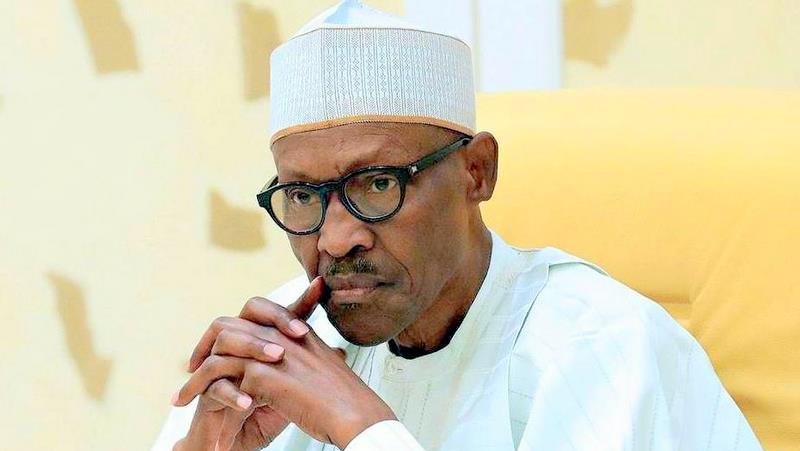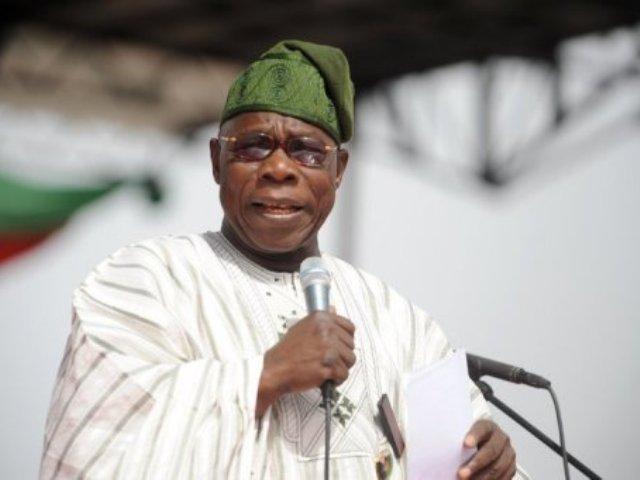By Ikechukwu Amaechi
Again, we are in the political silly season. Not that it just kicked off. No, Nigeria is a country in a permanent state of politicking. In reality, there is never time for governance. The end of one election circle jumpstarts another and the actions of incumbents are informed not by the desire to deliver on good governance but the need to win the next election.
So, ministers and board members of government agencies are appointed not on the basis of capacity and competence, but who has the political muscle and “structure” to deliver on the next election. Ditto for heads of security agencies who are appointed on extraneous considerations such as who helped in rigging the previous election and who can be counted upon in the next election.
So, while in other climes, the political silly season is short and defined in a sense, being “the time, especially just before the election, when undeliverable promises and wild accusations are the order of the day,” here in Nigeria we are perpetually entangled in the vicious web of the silly season.
But even if there was any pretense at governance in the 32 months since the All Progressives Congress (APC) upstaged the Peoples Democratic Party (PDP) and enthroned the Muhammadu Buhari presidency, every discerning observer of Nigeria’s politics knew 2018 would be a year of political bare-knuckles.
The 2018 budgets of both the federal and state governments will be deployed in funding elections. There will be redeployments in some strategic government agencies that provide the slush funds. Heads of security agencies whose loyalty cannot be guaranteed 100 per cent will be replaced with ultra-loyalists, those who will not only jump when asked to but demand to know how high. This is a season of defections when politicians will change parties as effortlessly as women change their wrappers.
Nigeria’s political silly season is a time of pilgrimage when men without any qualms of conscience will troop to the seat of power to plead with and cajole the incumbent to run again.
Of course, the pilgrimage has started. On January 12, barely 24 hours after 73 people who were gruesomely killed by Fulani herdsmen in Benue State were given mass burial, a group of seven APC governors led by the guileful and scheming Nasir el-Rufai, Kaduna State governor, went to Aso Rock to plead with President Buhari to seek re-election in 2019. The group that included Abdullahi Ganduje (Kano), Yahaya Bello (Kogi), Abubakar Bello (Niger), Simon Lalong (Plateau), Ibrahim Geidam (Yobe) and Jibrilla Bindow (Adamawa) told Nigerians that they were at the villa because they were “politicians.”
“Those of us you see here want the president to contest the 2019 election; we have no apologies for that,” said El-Rufai arrogantly.
“We believe in Mr. President, we want him to continue running the country in the right direction. People can speculate about 2019; we have no apologies.”
Coming on a day when the tears were yet to dry from the eyes of those who lost loved ones in the Benue massacre, that endorsement was “a sad symptom of insensitivity and callousness,” as former President Olusegun Obsanjo poignantly observed on Tuesday.
El-Rufai would want Nigerians to believe they were motivated by the desire to ensure “continuity and stability” in the polity, but nothing could be farther from the truth. They are not even interested in the welfare of the man they are goading to his imminent political eclipse, and definitely not bordered about the health of Nigeria’s badly bludgeoned democracy and the country’s tenuous bond of unity that has been stretched to the limits since Buhari became president. They are narcissists motivated solely by their own political survival. These are governors who ascended the throne on the apron strings of the president and have no political value other than that conferred on them by the continued tenancy of Buhari at Aso Rock.

Then, on Monday, January 22, it was the turn of some Southeast APC leaders led by the Minister of Science and Technology, Dr. Ogbonnaya Onu. They went to Aso Rock, as they claimed, to intimate the president of the decision reached at a meeting of the party chiefs on December 31, 2017.
“The APC leadership in the Southeast met on December 31, last year and endorsed the president for a second term. We have come today to reaffirm that and to assure Mr. President that the party is working very hard to win future elections.”
But as late Prof Chinua Achebe would say, on the issue of pilgrimage in this political silly season, it is yet morning on creation day. More groups will visit Buhari. Sooner than later, the visits would become a money-spinning industry for the organisers.
And then, the absurdity; Some people will threaten exile or even suicide if the president fails to hearken to their request. Some will be more dramatic. Have we all forgotten the “patriotic Nigerians” that claimed to have trekked hundreds of kilometres from different parts of the country to Abuja to felicitate with the president on his victory in 2015? Soon, the trekking will start again, but this time to underscore the imperativeness of Buhari’s candidacy.
Many groups will soon “raise money” to buy the APC nomination form for the president. Among them will be some of the wretched of the earth, who will purportedly use their children to borrow money or students who would rather contribute their school fees and drop out of school if only that would persuade the Messianic Buhari to run again in 2019.
Yet, you wonder what on earth would make any Nigerian canvass a second term for President Muhammadu Buhari.

Last week, I stated here that it is the patriotic duty of every Nigerian to ensure that Buhari’s rumoured second term ambition never happens because Nigeria will be worse for it.
This week, former President Olusegun Obasanjo agreed entirely with my submission, arguing that Buhari’s second term cannot solve the country’s myriad problems.
“There are three other areas where President Buhari has come out more glaringly than most of us thought we knew about him. One is nepotic deployment bordering on clannishness and inability to bring discipline to bear on errant members of his nepotic court. This has grave consequences on performance of his government to the detriment of the nation … What does one make of a case like that of Maina: collusion, condonation, ineptitude, incompetence, dereliction of responsibility or kinship and friendship on the part of those who should have taken visible and deterrent disciplinary action?
“The second is his poor understanding of the dynamics of internal politics. This has led to wittingly or unwittingly making the nation more divided and inequality has widened and become more pronounced …
“The third is passing the buck. For instance, blaming the Governor of the Central Bank for devaluation of the naira by 70% or so and blaming past governments for it, is to say the least, not accepting one’s own responsibility. Let nobody deceive us, economy feeds on politics and because our politics is depressing, our economy is even more depressing today. If things were good, President Buhari would not need to come in. He was voted to fix things that were bad and not engage in the blame game,” Obasanjo wrote.
I am not a fan of the former president because I believe he is responsible for the mess this country is in today. Had he allowed democracy to blossom under his watch without resorting to do-or-die politics, which thrived on imposition, there wouldn’t have been Presidents Umaru Yar’Adua and Goodluck Jonathan, and most likely there wouldn’t have been a Buhari presidency.
But that said, this is one instance where the message is much more important than the messenger. On the issue of Buhari’s rumoured second term ambition, I stand with Obasanjo.













